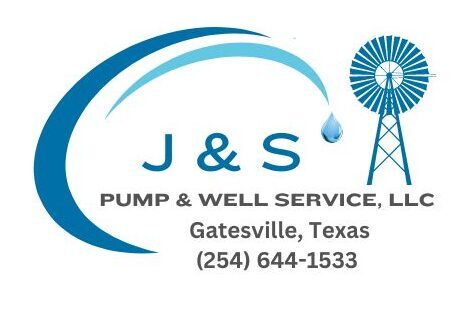WATER WELL SERVICES
SPECIALIZING IN PROMPT, PROFESSIONAL WELL WATER SERVICES
Our team of experts can preform clean outs, deepening, liners, jetting, and more. Some older wells have good casing, but they still don’t produce the water that they should for healthy water. Options for cleaning include jetting, chemical, brushing, and sonar jetting. Ask for Details.


Commercial Water Wells
Commercial water well drilling includes public water supply wells, small business wells and agricultural. These are often larger wells that need engineering and Texas commission of environmental quality (TCEQ) permitting. Our company has experience and knowledge in commercial water well drilling and development so we can ensure your project will be completed by professionals.
Agricultural or irrigation wells can be from the small scale for your lawn or garden to large wells for crops/farms. For that matter, irrigation wells can have higher powered pump. which can do several hundreds or thousands of gallons of water per minute. Agricultural wells can be similar to commercial water well drilling in size, but not require TCEQ permitting. Ask for details.
Residential Water Wells
Always use licensed or certified water well drillers and pump installers when a well is constructed, a pump is installed, or the system is serviced.
An annual well maintenance check, including a bacterial test, is recommended. Drinking water should be checked any time there is a change in taste, odor or appearance, or when the well system is serviced.
Keep hazardous chemicals, such as paint, fertilizer, pesticides, and motor oil far away from your well.
Always maintain proper separation between your well and buildings, waste systems or chemical storage facilities. Your professional contractor knows the rules.
Don’t allow back-siphonage. When mixing pesticides, fertilizers, or other chemicals, don’t put the hose inside the tank or container.
When landscaping, keep the top of your well at least one foot above the ground. Slope the ground away from your well for proper drainage.
Take care in working or mowing around your well. A damaged casing could jeopardize the sanitary protection of your well. Don’t pile snow, leaves, or other materials around your well.
Keep your well records in a safe place. These include the construction report, as well as annual water well system maintenance and water testing results.
